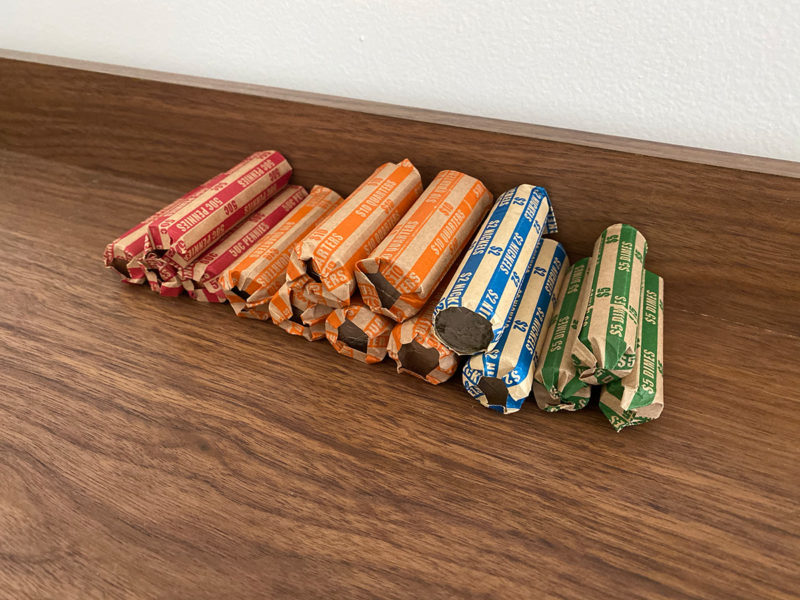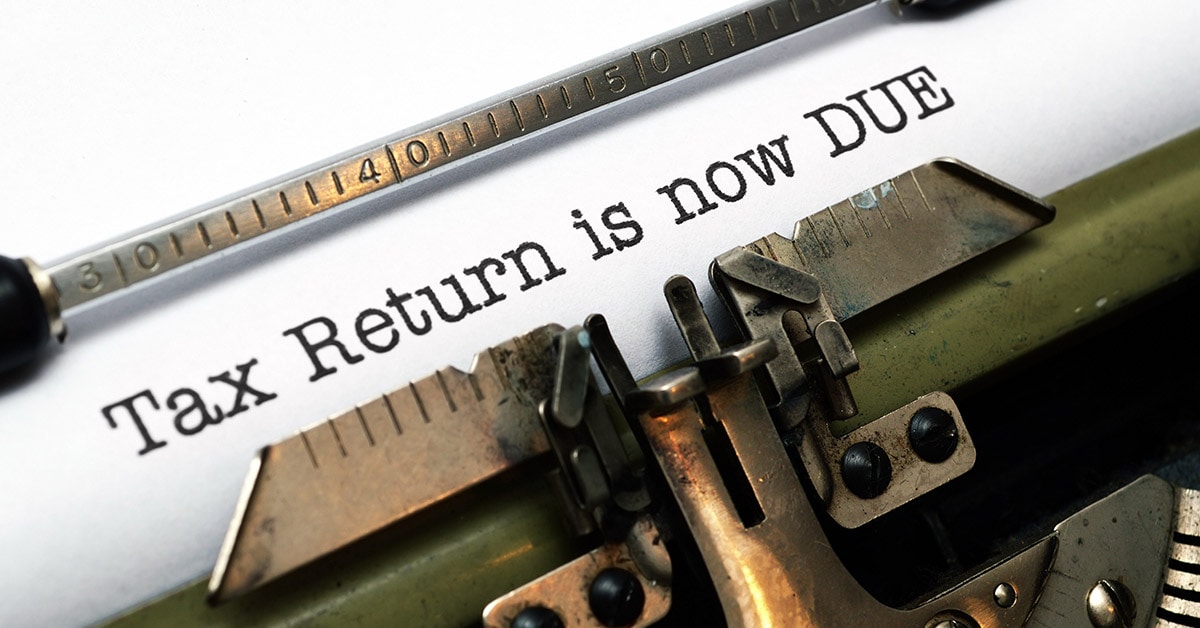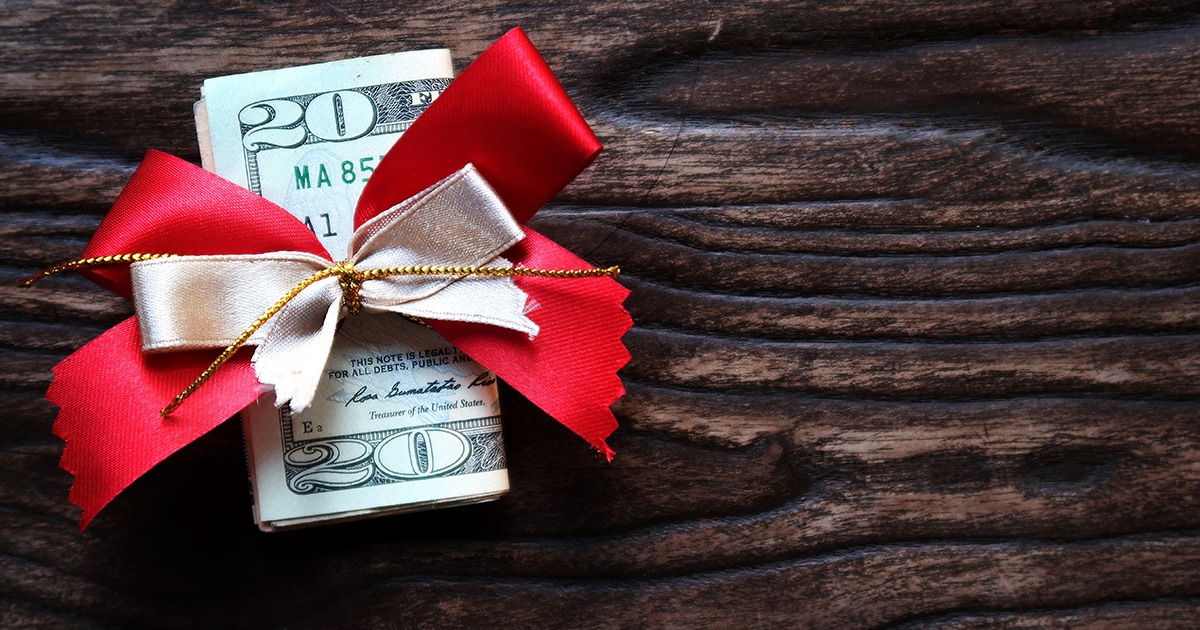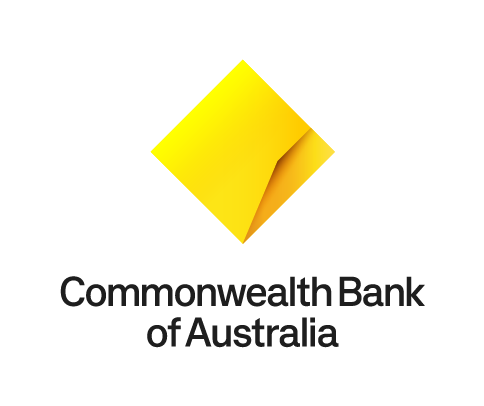You move to the United States and you have no idea how the money works, you seem to always be short of the right notes at the wrong times, and leftover change starts to accrue. Fast forward a year (or two, or three) and you've got enough change to put a deposit on a home… but what do you do with it!?
I remember when I first moved I collected the quarters because I always loved the game “quarters” and I wanted to make sure I had a collection ready in case somebody challenged me to a game. Safe to say that collecting a particular coin is a past-time that I've now stopped because I have so many of them I don't know what to do.
Now I've got a jar (ok, so two jars) and a bowl filled with coins, and when reader Libbi asked “what do I do with all the American coins I have accumulated?” I realized I had no idea!
So, what do we do with all these pennies (1c), nickels (5c), dimes (10c), and quarters (25c)?
Side note: I keep reading in my research that you should check your quarters to make sure they weren't made before 1965 because before 1964 they were made of 90% silver meaning they're worth much more than $0.25!
Take them to the bank
So I'm going to start with the traditional answer because it's the most straight forward and most… traditional.
There's a funny quirk about cash and change in the U.S. While many other countries make it a legal requirement for banks to accept all legal tender, banks (and all other private and Government organizations) don't actually have to:
There is, however, no Federal statute mandating that a private business, a person or an organization must accept currency or coins as for payment for goods and/or services. Private businesses are free to develop their own policies on whether or not to accept cash unless there is a State law which says otherwise.
So if the store you are at insists they can only be paid via check (ergh) or via PayPal, that's their choice!
The same goes for the bank! They don't have to accept your coins, so in order to “help” you, they accept them but they make it supremely difficult to hand over your hard-earned change. While most big banks used to have free coin counting machines, it seems they weren't worth the trouble and they've been all but scrapped nowadays!
The key is that they will probably ask you to roll the coins yourself. At last check, every single bank will offer you (customer or not) free wrappers for coins, but it will mean that you have to wrap them into 40-50 coin piles which can be fiddly and time-consuming.
There are some handy tools available on Amazon (referral link) which will help you divide all your coins into tubes though!
Here's our effort with this tool last weekend!

Your options depending on who you bank with:
- U.S. Bank (no rolls required, but customers only)
- Bank of America (requires coin rolls and limits each exchange for non-customers)
- Citibank (requires coin rolls, and may charge fees in some states)
- Chase (requires coin rolls but will exchange everyone's' coins for bills up to ~$200 per exchange)
- Credit Unions (requirements vary)
- Community/Smaller Banks (vary greatly)
Also, here's a great list of which banks have free coin counting machines!
All-in-all, if you want cash dollars right now, going to the bank you bank with, getting some papers, and sorting the money yourself is going to be the best bang for back. You're stuck at home right now, make a game of it, and play “Who can stack more coins in 5 minutes” and then try and beat your target!
If you have children, this is a great math problem for homework this week!
CoinStar Machines
To address this painful problem, CoinStar popped up across the United States to make this whole process a little bit easier (I do love that they call it “coins to cash” as if coins weren't “cash” the whole time!)
You'll find them all over the country and their business model is that they charge you for the change to usable money.
There are however two alternative options within the CoinStar machines in order to keep every cent:
- Gift Cards & Vouchers – If you want to keep all the money for yourself (it's your hard-earned change so you're entitled to!) then you can exchange your coins for gift vouchers. There are gift vouchers ranging from AMC to Dominos with Amazon, Hotels.com, and Southwest Airlines dotted in between. If you know you're going to spend on these services, then why not use this method? Just don't fall for the “I might use this service if I get a voucher” though because that's what the machine wants you to fall for!
- Charity – Most machines also offer the ability for you to donate to charities across the United States directly from your donation (and it prints out a tax receipt for you). Right now, CoinStar are actually matching dollar-for-dollar donations to Feeding America as well, so you can turn your pennies into double the pennies!
So there you go, you can dump all your change into one machine and get cash, vouchers, or a warm and fuzzy feeling for yourself!
Donate the coins you have
You'll find little rattlers (coin containers) at most major supermarkets to throw your loose change in, and you shouldn't need to look too far to find somewhere to empty your pockets.
This might be a strategy over a few weeks, but it'll basically be like Andy Dufresne and all that dirt!
You could also throw a few coins into a guitar case of an especially good street-performer! They work hard and they deserve it if you enjoyed it!… but never “It's Showtime” if you're on the NYC Subway. I was kicked in the face (by accident, but you know) by a performer in my second week in NYC. I will never forget.
Cash in your pockets pro-tip
Carry singles ($1 notes) and a few bits of change just in case.
I carry $10 in singles in my back-left pocket at all times and have found it really helpful day-to-day when I'm in a pinch.
You'll be surprised how many times it would just be handy to have access to $10 worth of singles. Here are 11 examples (if we ever get back outside):
- Tip that musician that you think “wow, that's actually pretty good” while walking past;
- Realizing that the change in your pocket almost amounts to enough for a coffee after a long afternoon…
- Dropping a donation into a tin of someone trying to make a difference;
- Helping someone struggling to find the extra few cents they need for their purchase in front of you;
- Brightening someone's day who is asking for spare change;
- Treating yourself to ice cream because singles don't really count as spending money;
- Tipping the person at your local bakery because you really wanted THAT particular pain au chocolat;
- Betting your friend $2 they can't jump over that puddle;
- Buying a hotdog for $1 (you shouldn't be paying more than ~$2, if you are, you're in the wrong part of town and you're being hussled)
- Dollar. Pizza. No more needs to be said.
- Treating yourself to a cheeky pint (and the $1/beer tip).



















Much less fun, but whenever I paid for something, I would always look in my coin purse to round off the odd cents. This habit keeps them from ever accumulating. And I always needed quarters for laundry – never accumulated enough – so I would end up going to the bank and getting rolls of quarters periodically.